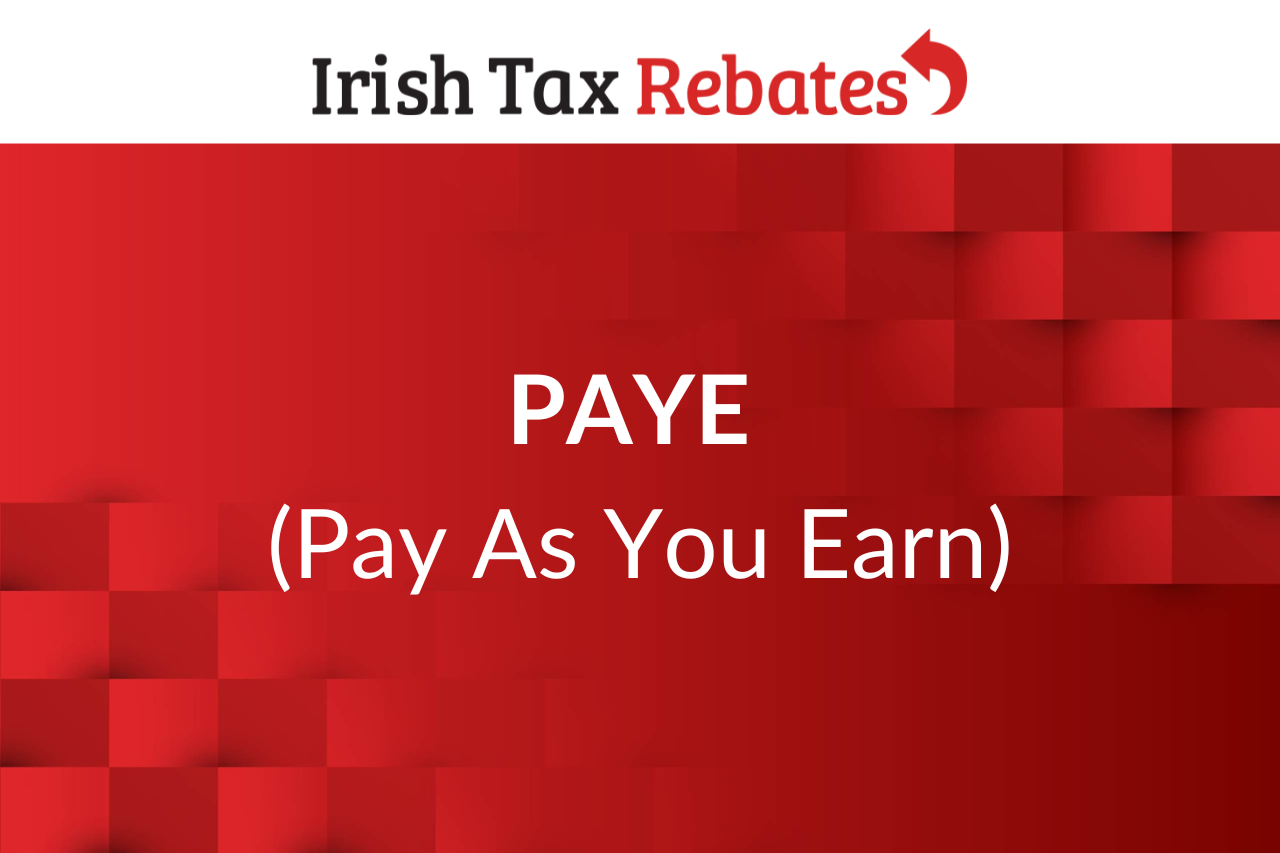Guide to PAYE Tax System (Pay As You Earn):
Whether you’re starting work for the first time or are finally looking into your taxes, understanding PAYE is essential. After all, knowing how the Irish tax system works ensures you can better understand your payslip. Unfortunately, it’s all too easy to overpay on PAYE tax, which is why we’ve decided to help by breaking it down into understandable steps.
What is PAYE?
PAYE stands for Pay as You Earn and is essentially a tax that gets taken from your wages every time you get paid. Everyone, with the exception of the self-employed, is required to pay PAYE tax.
Before you receive your wages, your employer tallies up how much tax, USC and PRSI you should contribute and deducts it before giving you your pay cheque. They include your contributions on your payslips, so you can double check the amounts taken.
How do I begin PAYE?
You begin paying tax when you start any registered employment. All you need to do is provide your employer with your PPS number and they’ll register you with the tax office. To make sure you’re not emergency taxed, you should make sure they register you as quickly as possible.
How is the tax calculated?
Your income tax liability is calculated at two rates, the standard and higher rates. The standard rate is 20% meaning 20% of your wages is taken if you’re earning less than €42,000 a year.
Basically, if you’re paid monthly and make less than €3,500 gross a month or are paid weekly and make less than €807.69 gross a week, 20% of your income is taken in tax. If you make anything over €42,000, 40% of the excess amount is also taken.
Can I reduce my PAYE contributions?
Luckily, you can reduce the amount of tax deducted each pay period. Tax credits can be used to offset some, if not all, of the taxes you need to pay. Your tax credits will be automatically applied each pay period, saving you money in taxes.
What if I‘m charged too much tax?
If you think you have overpaid tax or USC, then you can claim a tax refund for up to four years afterwards.
You may need to update the Revenue Commissioners of changes in your personal circumstances and update any tax credits you’re eligible for, before they process a refund. That’s why an easier solution is to simply fill out our 60 second application form so our experts at Irish Tax Rebates can complete the rest of the process for you!
Apply for your rebate today!
New Customers: Apply here.
Existing Customers: Apply For Additional Rebate
Still not convinced? Check out our amazing TrustPilot reviews today. Remember, no rebate, no fee, no catch!



